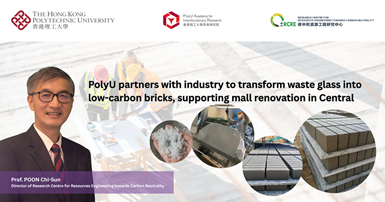
PolyU partners with industry to transform waste glass into low-carbon bricks, supporting mall renovation in Central
23 Oct, 2025
Media Coverage
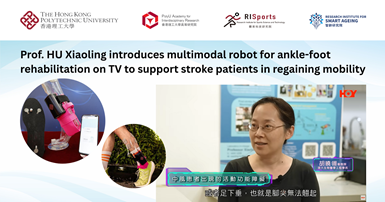
Prof. HU Xiaoling introduces multimodal robot for ankle-foot rehabilitation on TV to support stroke patients in regaining mobility
17 Oct, 2025
Media Coverage
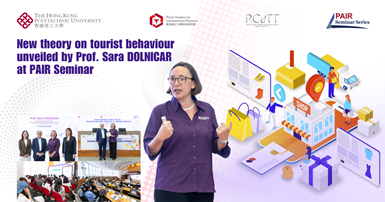
New theory on tourist behaviour unveiled by Prof. Sara DOLNICAR at PAIR Seminar
14 Oct, 2025
PAIR Seminar Series
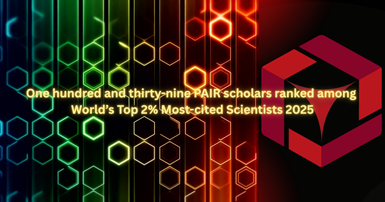
One hundred and thirty-nine PAIR scholars ranked among World’s Top 2% Most-cited Scientists 2025
13 Oct, 2025
Awards & Recognitions
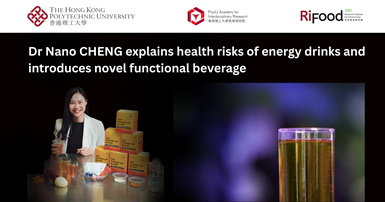
Dr Nano CHENG explains health risks of energy drinks and introduces novel functional beverage
12 Oct, 2025
Media Coverage
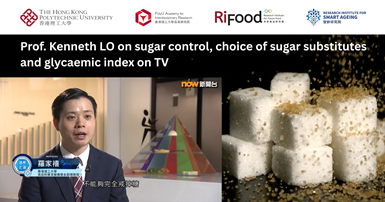
Prof. Kenneth LO commented on sugar control, choice of sugar substitutes and glycaemic index on TV
10 Oct, 2025
Media Coverage
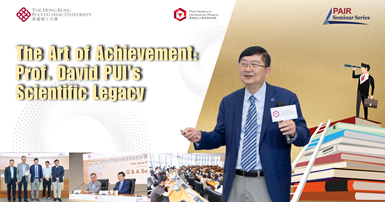
The Art of Achievement: Prof. David PUI’s Scientific Legacy
10 Oct, 2025
PAIR Seminar Series
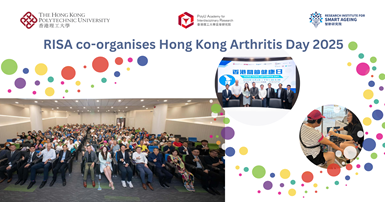
RISA co-organises Hong Kong Arthritis Day 2025
4 Oct, 2025
Media Coverage
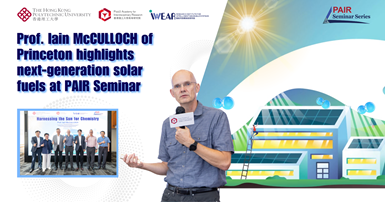
Prof. Iain McCULLOCH of Princeton highlights next-generation solar fuels at PAIR Seminar
2 Oct, 2025
PAIR Seminar Series
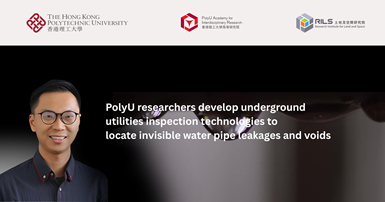
PolyU researchers develop underground utilities inspection technologies to locate invisible water pipe leakages and voids
1 Oct, 2025
Research Results


